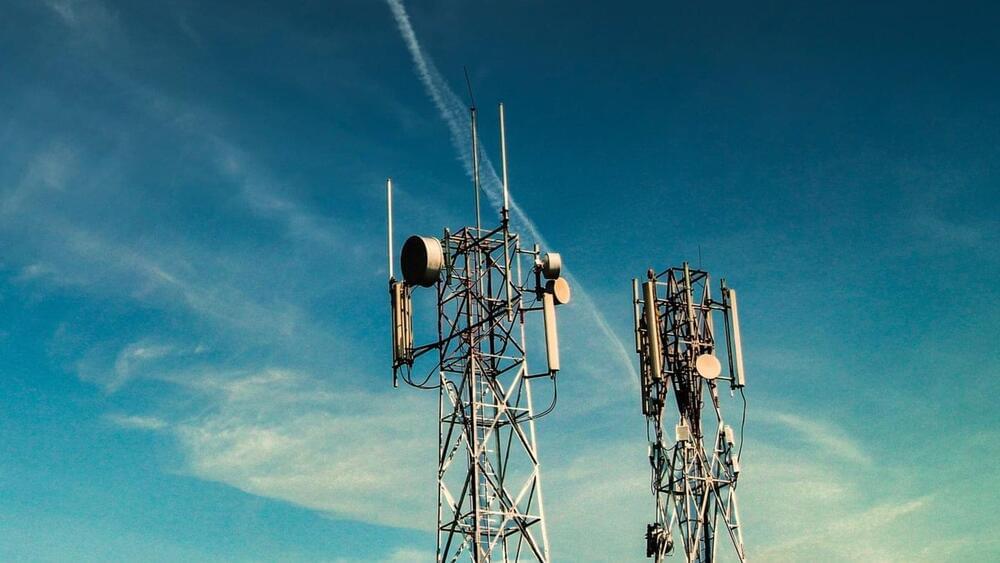Though Meta didn’t give numbers on RSC’s current top speed, in terms of raw processing power it appears comparable to the Perlmutter supercomputer, ranked fifth fastest in the world. At the moment, RSC runs on 6,800 NVIDIA A100 graphics processing units (GPUs), a specialized chip once limited to gaming but now used more widely, especially in AI. Already, the machine is processing computer vision workflows 20 times faster and large language models (like, GPT-3) 3 times faster. The more quickly a company can train models, the more it can complete and further improve in any given year.
In addition to pure speed, RSC will give Meta the ability to train algorithms on its massive hoard of user data. In a blog post, the company said that they previously trained AI on public, open-source datasets, but RSC will use real-world, user-generated data from Meta’s production servers. This detail may make more than a few people blanch, given the numerous privacy and security controversies Meta has faced in recent years. In the post, the company took pains to note the data will be carefully anonymized and encrypted end-to-end. And, they said, RSC won’t have any direct connection to the larger internet.
To accommodate Meta’s enormous training data sets and further increase training speed, the installation will grow to include 16,000 GPUs and an exabyte of storage—equivalent to 36,000 years of high-quality video—later this year. Once complete, Meta says RSC will serve training data at 16 terabytes per second and operate at a top speed of 5 exaflops.







